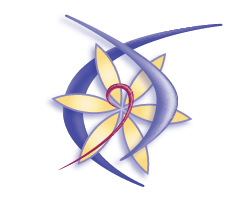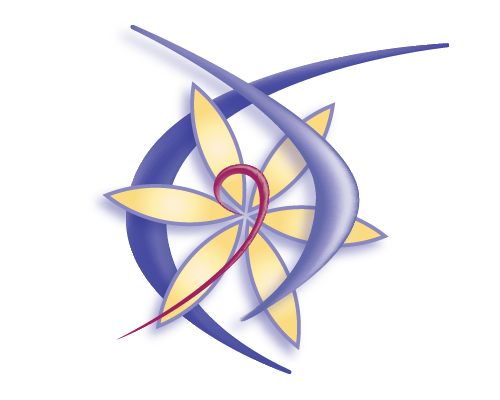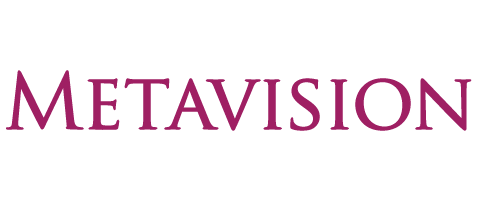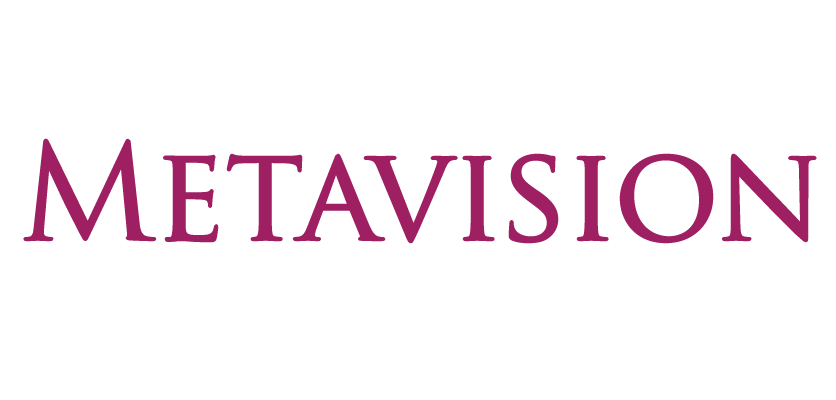Unit Description
Introduces students to the Process Oriented approach of Arnold Mindell, including the contribution of quantum physics, field theory, levels of awareness, consciousness continuum and the dreambody.
This 3-credit point unit introduces students to the Process Oriented approach of Arnold Mindell, including the contribution of quantum physics, field theory, levels of awareness, consciousness continuum and the dreambody.
Skills training in this unit focuses on the observation of phenomena present during the human encounter. The emphasis of student learning is on developing a ‘second attention’ to ‘find the dream door’ to the secondary process that holds the key to clients’ concerns and presenting problems. Students will reinforce basic counselling skills in the context of authentic relationships and work experientially in practice sessions to develop fluent application. Students will learn to identify and assess clients’ needs and to formulate hypotheses for counselling direction. Students will also learn to identify and unfold primary and secondary processes and the edge in client material.
Peer and critical self-reflection are used to enhance student learning throughout this unit. Learning to accept and reflect on feedback is an essential skill. Active dialogue and the critical examination of approaches to counselling are also encouraged. The student’s own experience is used to enrich learning and deepen self-knowledge through experiential exercises embedded in timetabled and un-timetabled study.
Unit Code
104S
Unit Type
Core Unit
Study Period
Semester 1, Year 1
Credit Points
3.0
Unit Coordinator
Consultation Times
30 minutes before and after workshop intensive and by appointment during the semester
Learning Outcomes
On completion of this unit, students will be able to:
- (a) Identify and articulate the core tenets of the process oriented approach including; primary and secondary processes, channels of awareness, unfolding a process, edges, metaskills and reading feedback
- (b) Identify and analyse signals for the unfolding process in practice sessions, identifying dream doors, double signals and edges
- (c) Competently demonstrate skills in identifying and differentiating between primary and secondary processes in practice sessions
- (d) Competently demonstrate skills in creating a safe and supportive environment for self expression and sharing of feelings, attitudes, beliefs and experiences of difference
- (e) Competently demonstrate the ability to apply and identify appropriate Metaskills such as beginner’s mind, curiosity and compassion.
- (e) Integrate theory and reflection on feedback to improve counselling practice
- (f) Identify and assess the client’s needs and formulate hypotheses for the direction of counselling
Graduate Attributes
| Attributes | Statement |
|---|---|
| Collaboration | Our graduates will have advanced skills in collaborating respectfully with colleagues, teams and clients to enhance productive outcomes and manage conflict skilfully |
| Ethical practice and integrity | Our graduates will demonstrate high ethical standards in their work and follow professional Codes of Ethics to do good (beneficence) and avoid harm (maleficence) |
| Professionalism | Our graduates will have a highly developed understanding of their work roles and responsibilities and uphold a high level of professional conduct in their work |
| Holistic awareness | Our graduates will have an in-depth understanding of how the physical body, the psyche and mind/ spirit/self are in constant interaction and relationship with each other and with the environment |
| Communication | Our graduates will have well-developed written and oral communication skills, including listening deeply and receiving, interpreting and transmitting complex information, on many levels of awareness with colleagues, clients and the community |
| Critical thinking | Our graduates will have critical thinking skills necessary to evaluate and analyse information and make informed professional judgements |
Delivery Mode
Workshop Intensive 1:
On-campus teaching and learning: 12 hours in total.
Online delivery
1.5 hour Zoom discussion
Study Buddy activities
Eight hours over the semester
Student Workload
The total unit workload is equivalent to 7.34 hours per week over the semester, 117.5 hours in total.
- 12 hours on-campus workshop intensives
- 1.5 hours Zoom discussion
- 8 hours study buddy work
- 96 personal study hours
Available in Courses
This unit is available in the following courses:
Specialist Training in Holistic Counselling & Psychotherapy Specialist Training in Holistic Counselling - 1 YearCreated: June 28, 2021, 4:58 p.m. • Updated: March 1, 2023, 3:18 p.m.



